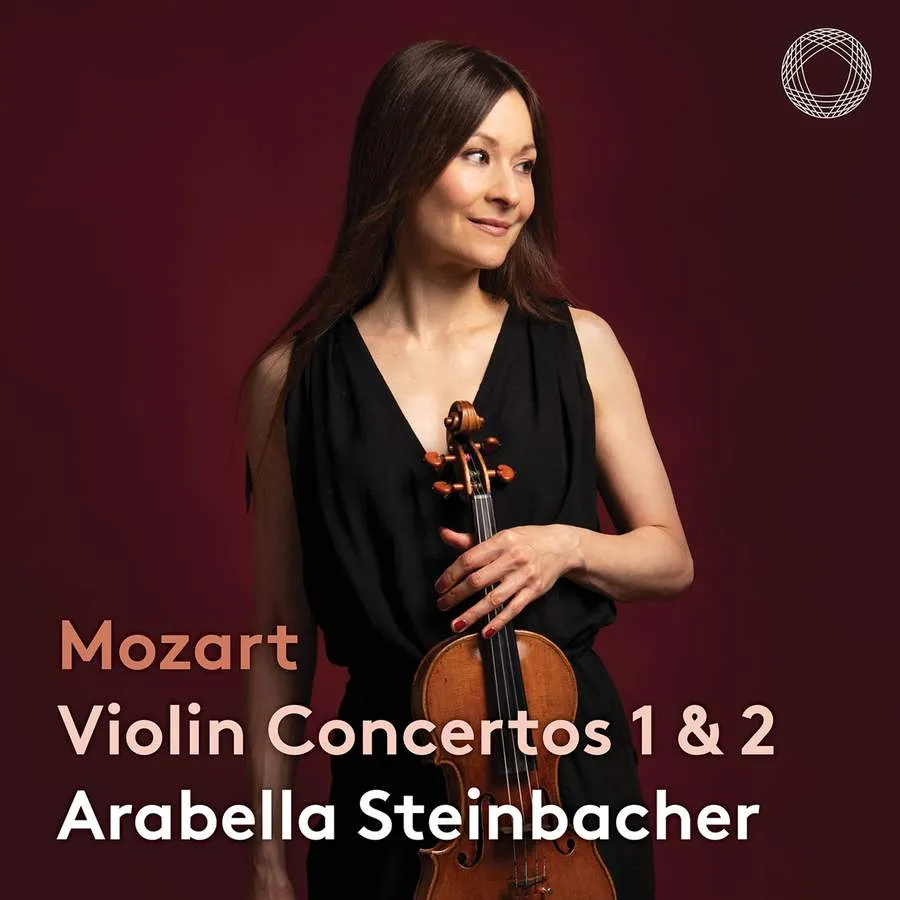
Mozart Violin Concertos Nos 1 & 2 Arabella Steinbacher (violin); Festival Strings Lucerne/Daniel Dodds Pentatone PTC 5186 952 60:54 mins
The booklet note for this release recommends that it is ‘worth listening’ to Arabella Steinbacher’s earlier recording of Mozart’s later three Violin Concertos on Pentatone, in order to appreciate Albert Schweitzer’s description of the musical ‘miracle of development’ that happened between the Second and Third Concertos. To be fair, besides the element of commercial promotion, it’s reasonable for the writer to point out that while there’s virtually no such thing as second-rate Mozart, the first two Concertos are indeed embryonic creations, however beautiful their technical finish, compared to their much more fully-fledged successors.
To Steinbacher’s credit, she avoids any attempt to extract the music’s expressive world beyond what it can deliver, instead allowing her playing’s state-of-the-art tonal loveliness – at once silky and likeably unaffected – to let each work speak for itself. She also includes two individual movements that Mozart later wrote as upgrades to the First Concerto (the concluding Rondo, K269) and the Fifth (the Adagio, K261) to satisfy a particular soloist, plus the stand-alone Rondo, K373; like the two concertos, these aren’t creations to pull up any trees, but they offer appealing pleasure. So does Steinbacher’s choice of cadenzas by Wolfgang Schneiderhan (co-founder in 1956 of the Festival Strings Lucerne), which in their unexaggerated way sound exactly right for the music. The orchestral accompaniments, too, avoid today’s fashionable fixation on non-vibrato tone in favour of an expressive poise that both charms and convinces.
Malcolm Hayes


